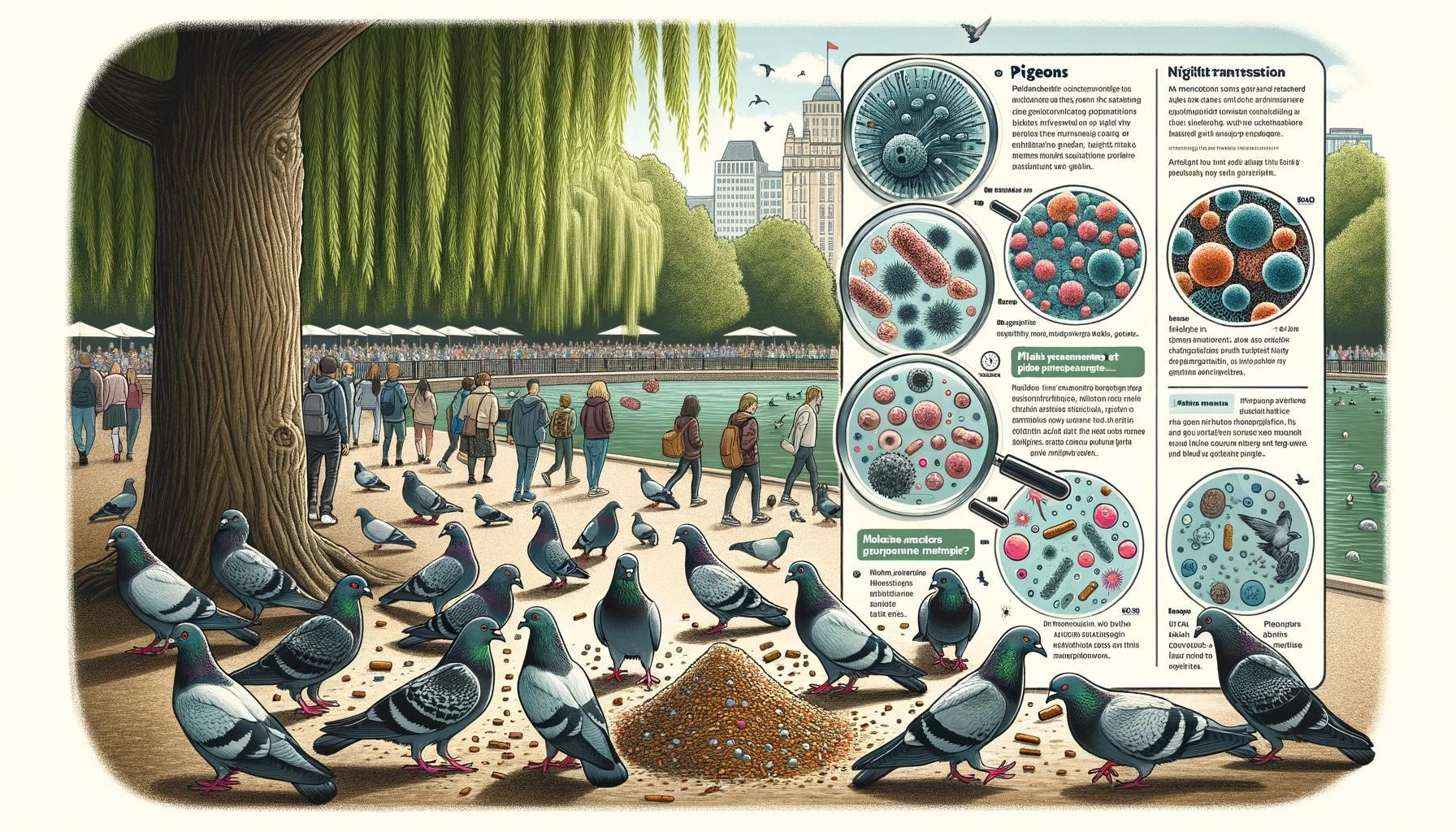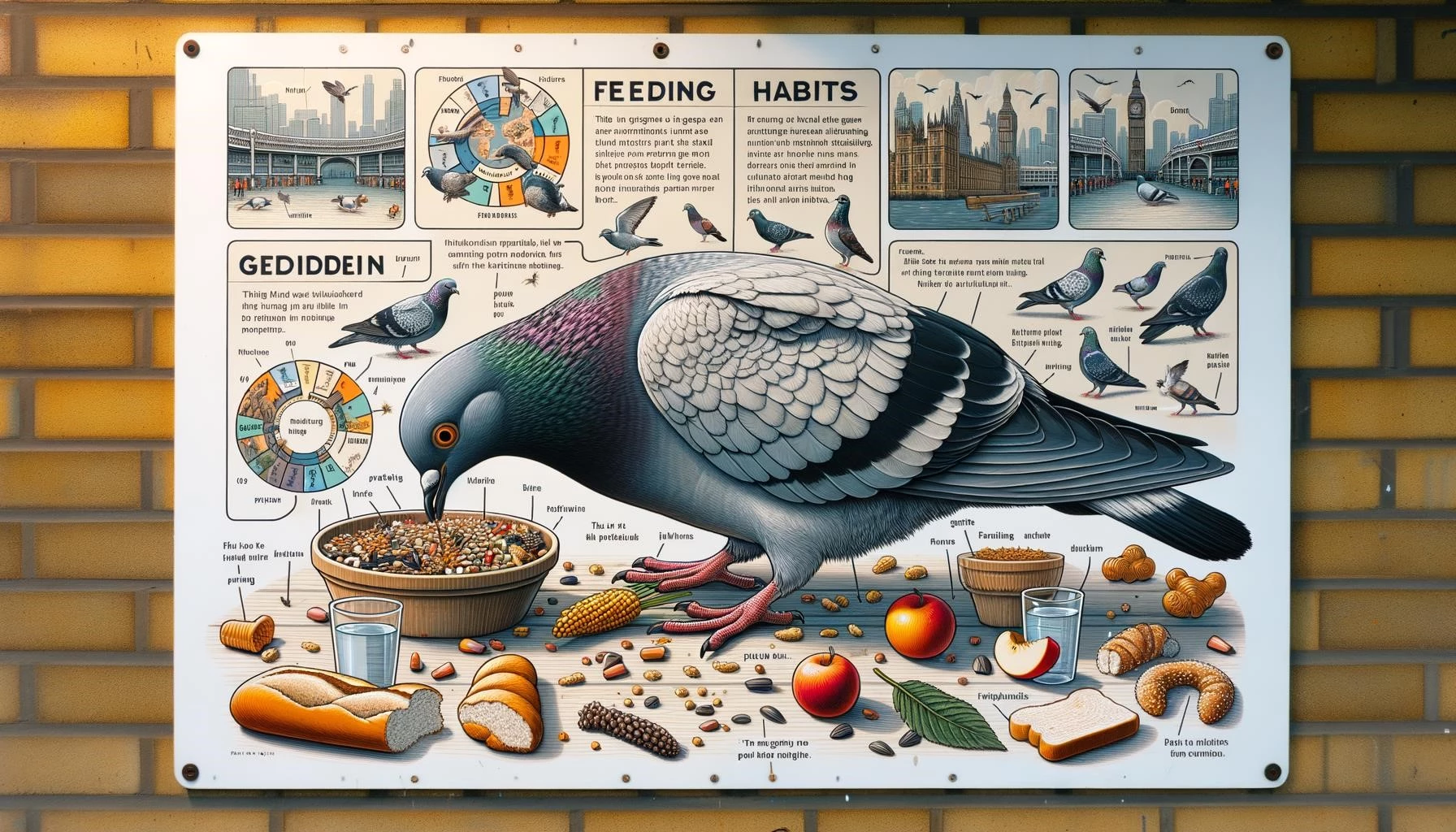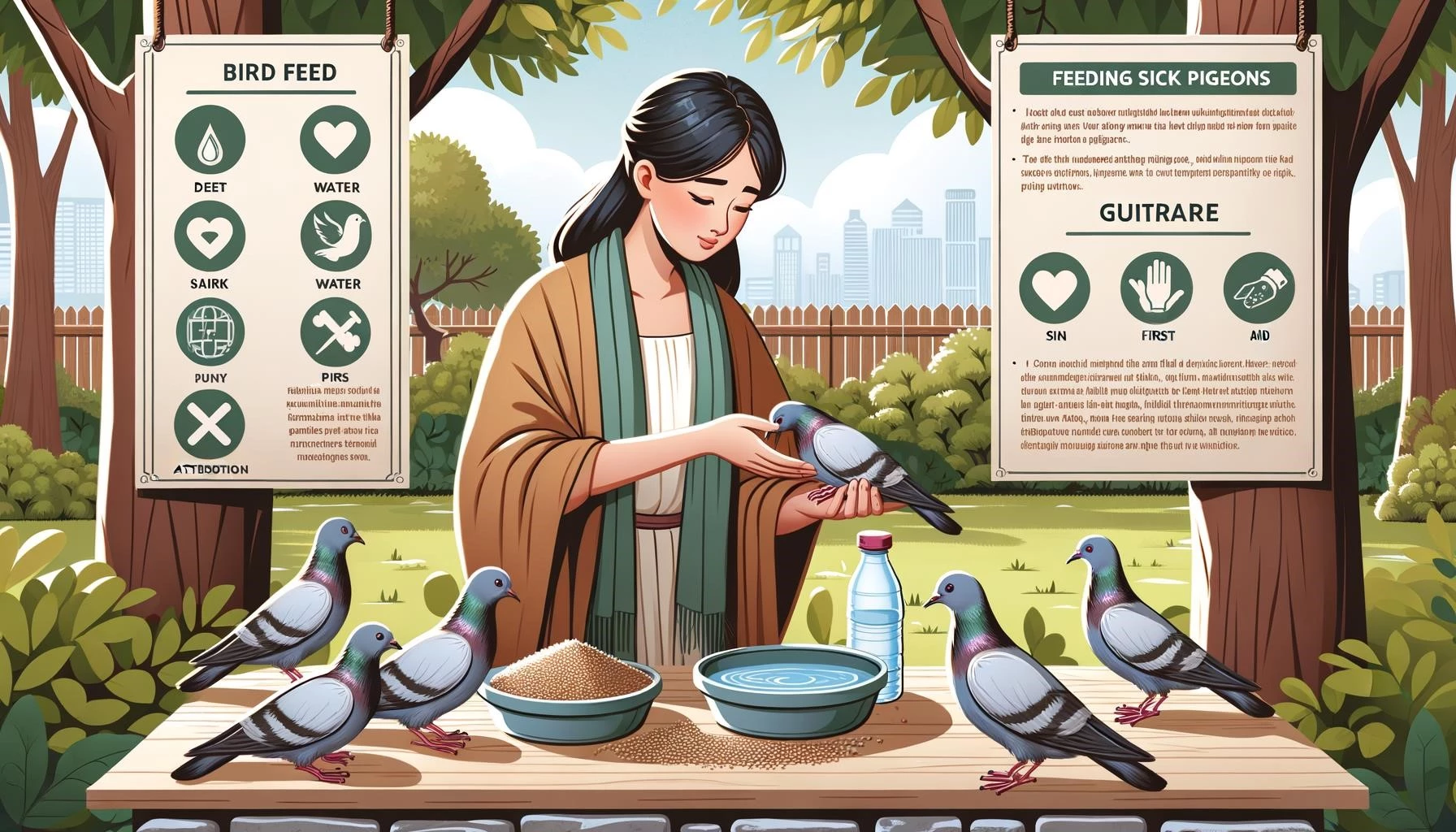- Feeding pigeons in winter can provide them with essential food sources when natural options are scarce or buried in snow.
- Feeding pigeons during winter can help them survive harsh conditions and maintain their energy levels.
- Providing a steady supply of bird seed, water, and shelter can attract and support pigeons during the winter months.
- Feeding pigeons in winter is generally seen as a good practice but should be done responsibly to minimize risks to other animals and maintain cleanliness.
Benefits of Feeding Pigeons in Winter
Feeding pigeons in winter can be a helpful and rewarding practice for both humans and pigeons themselves. During winter, many bird species migrate south to warmer climates. However, some pigeons remain in the same location and face challenges in finding enough food to survive. Feeding pigeons during this time can provide them with a crucial food supplement when natural food sources are scarce or hard to find. Pigeons burn a lot of calories in winter to stay warm, and offering a steady supply of bird seed can help them maintain their energy levels.
Moreover, feeding pigeons in winter can bring a touch of nature to urban landscapes, where pigeons often thrive. Many people enjoy observing pigeons and find interaction with them to be a rewarding and symbiotic experience. By providing unintentional assistance through feeding, humans can create a mutually beneficial relationship with pigeons in the winter months.
Responsibilities and Considerations
Although feeding pigeons in winter can be beneficial, it is important to do so responsibly to avoid potential problems and ensure the well-being of other animals and the cleanliness of the feeding areas. Here are some key responsibilities and considerations to keep in mind:
- Choose the right food: Provide appropriate food for pigeons, such as bird seed mixes that are high in fat and energy. Avoid feeding them unhealthy or inappropriate foods.
- Maintain cleanliness: Regularly clean feeding areas and remove any uneaten food or debris. This helps prevent the attraction of pests and minimizes the risk of disease transmission between pigeons.
- Prevent overfeeding: Feed pigeons only as much as they can consume in a day to avoid the accumulation of excess food and the potential for wastage or spoilage.
- Consider the overall ecosystem: When feeding pigeons, be mindful of the impact on other animals and maintain a balance in the ecosystem. Avoid attracting unwanted animals such as bears, coyotes, or foxes.
- Observe local regulations: Be aware of any local laws or regulations regarding feeding pigeons. Some areas may have specific guidelines or restrictions in place.
- Promote natural foraging: While feeding pigeons can provide supplementary food, encourage their natural foraging behavior by providing a variety of food sources and allowing them to search for food on their own as well.
What to Feed Pigeons in Winter
In order to provide nourishment for pigeons during the winter months, it is important to offer them appropriate food that meets their nutritional needs. Here are some recommended food options:
- Bird seed: Provide a mix of bird seeds that are high in fat and energy. Black oil sunflower seeds and mixed bird seed can be suitable options.
- Nuts: Pigeons can benefit from consuming nuts such as peanuts, beechnuts, Brazil nuts, walnuts, acorns, almonds, and hickory nuts. These nuts provide essential fats, vitamins, and protein.
- Fruits: While not commonly associated with pigeon diets, fruits can be a highly nutritious snack for pigeons. Some suitable fruits include berries, apples, and grapes.
- Water: Providing a clean source of water is also important for pigeons during winter. Ensure that water sources are replenished regularly and not frozen.
By offering a well-balanced diet that includes the above food options, you can help pigeons maintain their energy levels and survive the challenges of winter.









